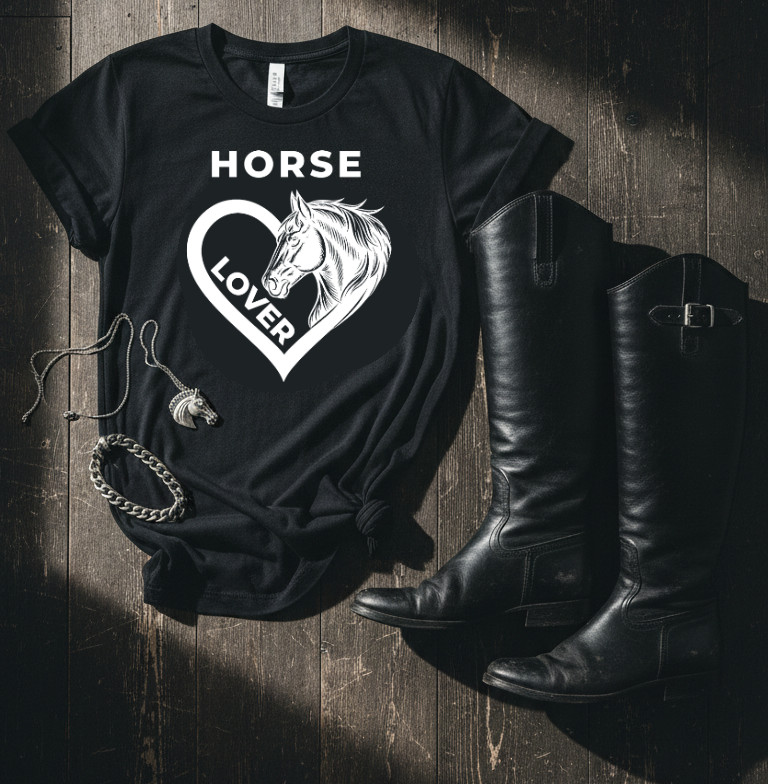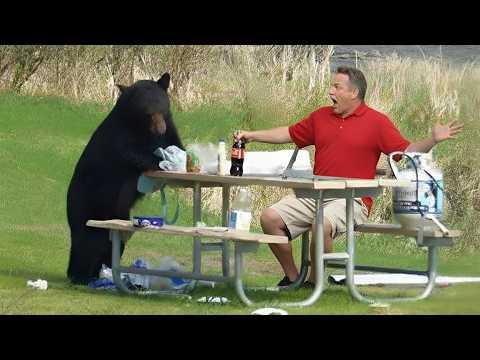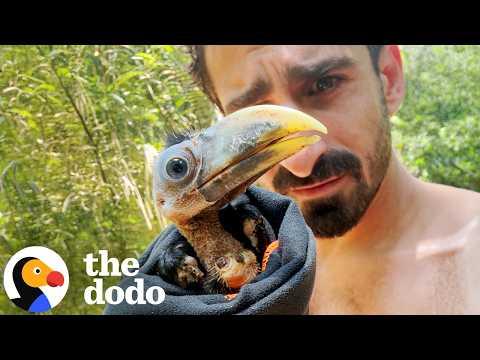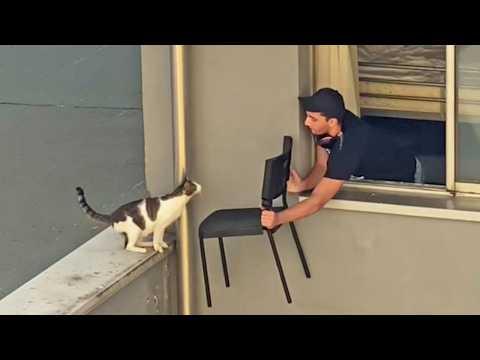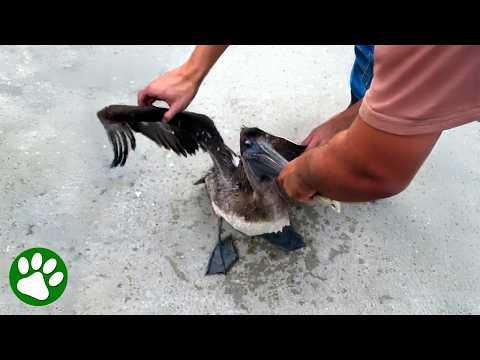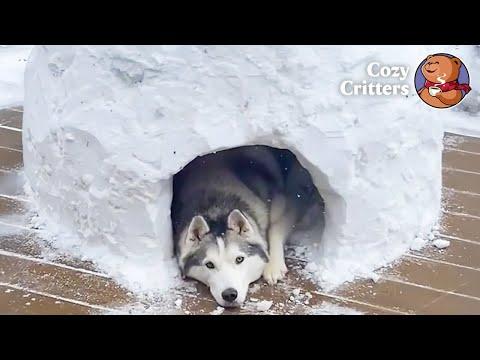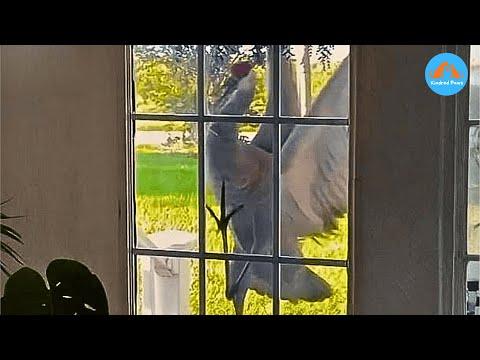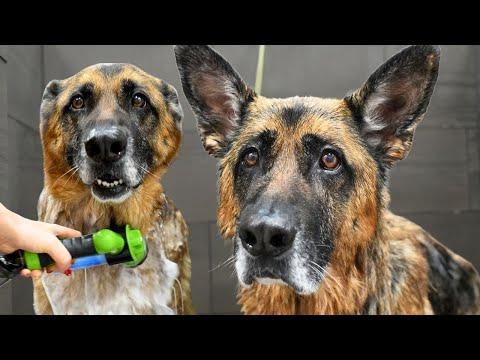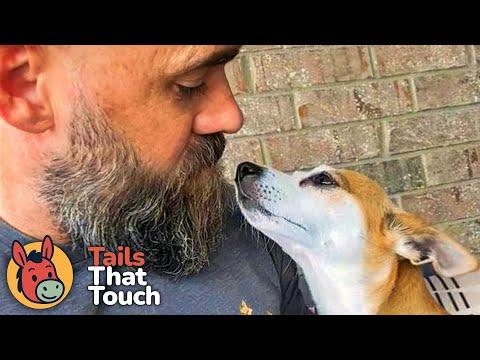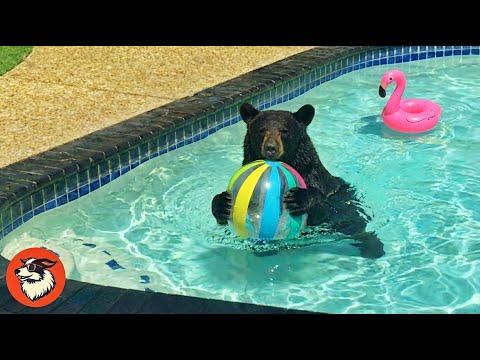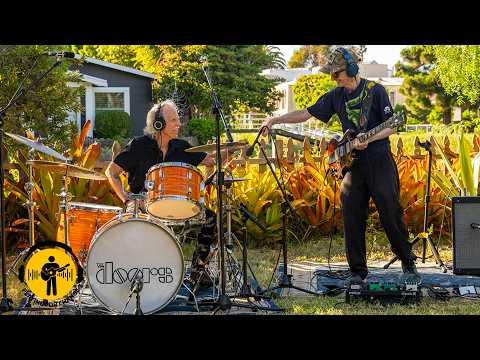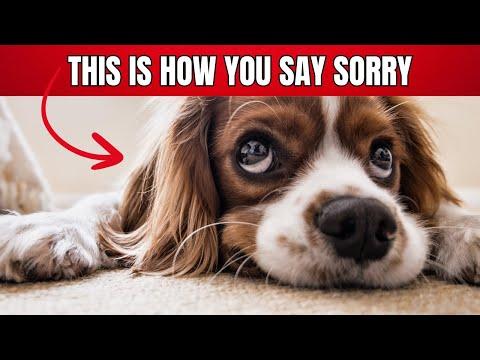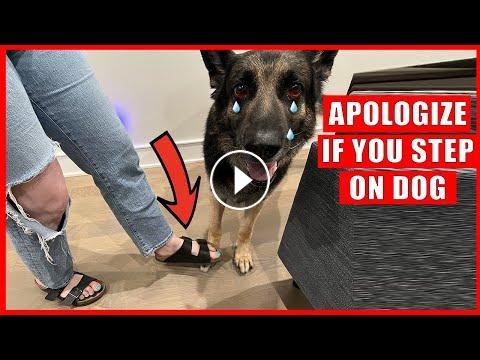We’ve all been there. You accidentally hurt your dog. Perhaps you unintentionally step on their tail, stumble over them, or shout at them.
Now, of course you feel bad about your actions, and want things to go back to normal.
Apologizing to your dog is the best way to keep your relationship strong after you’ve committed a canine offence.
But how do you tell your dog you’re sorry? And even if you do, will a dog understand when you apologize?
It is important to remember that dogs are very different species with their own distinctive ways of thinking.
While they are intelligent animals, they don’t have the same concept of apologizing as humans do.
However, if we do something harmful to our dog, then showing them that we didn't mean to hurt them is very important. Dogs may not be able to understand an apology in the human sense, but they can feel love and affection. The key is to reconnect with your dog, reassuring them that you pose no threat and harbor no anger towards them.
Researchers have found that the best way to apologize to a dog is to speak in a baby voice. Dogs are actually more responsive and prefer being spoken in this way, so speaking in a baby voice will confirm that they did nothing wrong and that you are not a threat.
And while you may be tempted to hug or kiss your pet to apologize, this is often not a good idea. For many dogs, going for a big hug or brining our face close to them could be perceived as a threat.
How long do dogs stay angry?
Due to how short-term memory works in canines, dogs forget one-off bad events fairly quickly.
So if you accidentally step on a dog’s tail and apologize, the dog won’t hold a grudge against you. However, dogs remember abuse and repeated mistreatment for the rest of their lives. This is because dogs also have associative memories. Your dog will learn through experience that you are a threat. This doesn’t mean that the dog is holding a grudge; it is just that the dog is merely keeping itself safe. They are trying to protect themselves and prevent a traumatic event from reoccurring.
So while your dog won't remember genuine accidents and honest mistakes, they'll remember abuse and a routine of negativity.
How to know if your dog has forgiven you
If you're concerned that your dog may be holding a grudge against you for something, it's important to observe their behavior.
If your dog avoids making eye contact with you after a negative experience, it may be an indication that they are still processing what happened and don’t feel safe around you yet. A dog who pointedly looks away and avoids eye contact is usually trying to avoid any kind of interaction, good or bad. You often notice this in dogs recently rescued from negative or traumatic situations. Likewise, if your pet doesn’t respond to your commands, it may be a sign they still don’t trust you enough to want to follow your instructions.
On the contrary, if your dog shows relaxed body language and shows no signs of fear or anxiety when you're in their presence, it's a good sign that they have forgiven you. Even better, if your dog approaches you, licks you, wags their tail, and wants to play or cuddle with you, it's a clear sign that they have moved past the incident and feel comfortable in your presence once again.
Common actions that could damage your dog's trust
There are several ways you might inadvertently damage the trust between you and your canine friend.
If you regularly force your dog to do things they don't want to do, it can create distance between you and your pet. Common examples are teasing them, pulling on their tail, or forcing them to be around other aggressive dogs when they don’t want to be.
Likewise, dogs dislike when you frequently take away their resources. Using their beloved bones and toys as a means of control should be avoided. Refrain from taking and withholding their toys from them.
Constantly yelling or even hitting your dog can also definitely damage their trust. It is important to remember that reward-based training is far more effective than physical punishment. Reward based training helps build trust and strong bond between dogs and their owners.
If your dog doesn't want to be hugged or interact with your neighbor’s boisterous kid, respect their boundaries and avoid forcing them into uncomfortable situations.
How to show your dog affection so they know you still love them
Once you’ve apologized to your dog by talking in a friendly voice, you may find that your dog is still distant from you.
This could happen especially after a serious incident or previous trauma they’ve experienced.
To regain your dog’s trust, spend time actively being kind to them. Pet them, take them out to do what they love… play, run and chase! Binge-watch some TV from your bean bag chair. Be gentle around them and avoid loud noises that frighten your pet. Avoid punishments or harsh discipline. Perhaps the best way to show your dog affection is to simply give them attention.
---
- Category
- Pets And Animals
- Tags
- video, sharing, camera phone, video phone, free, upload

